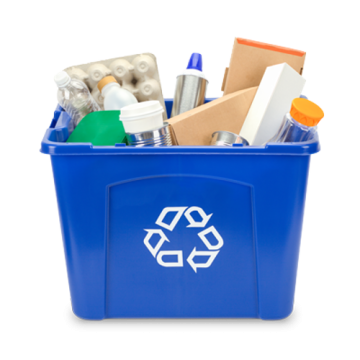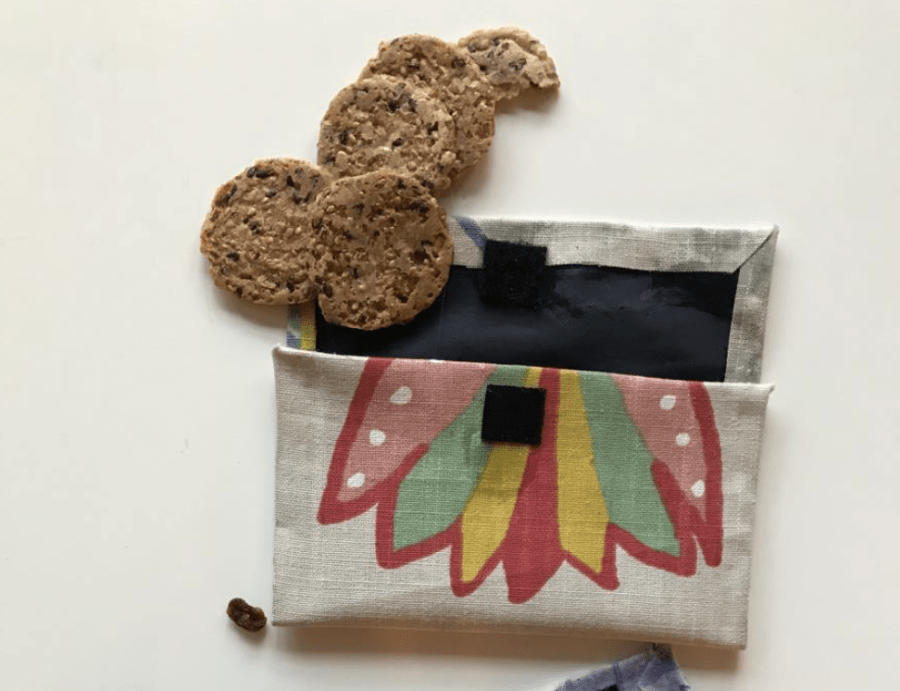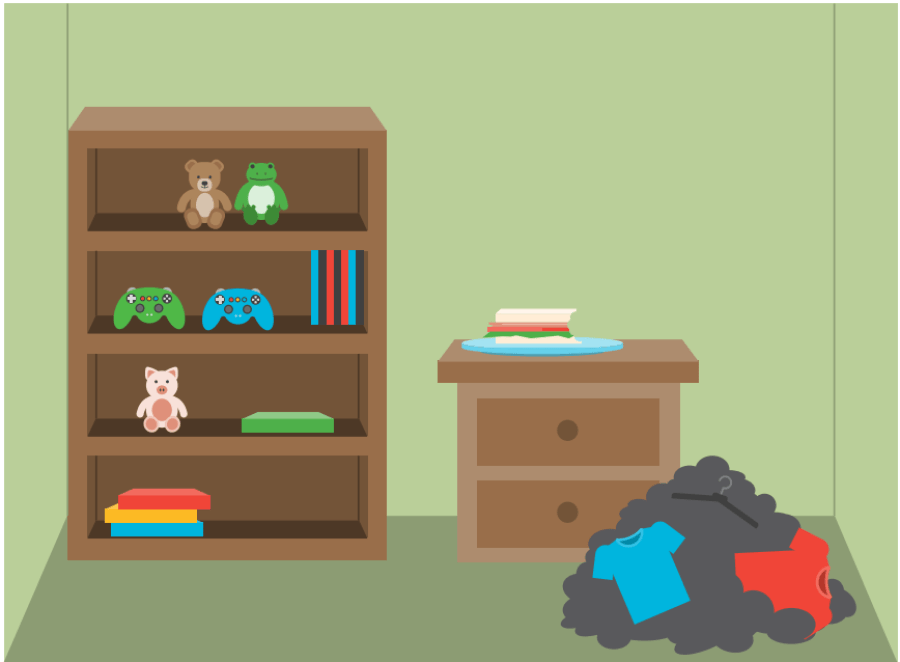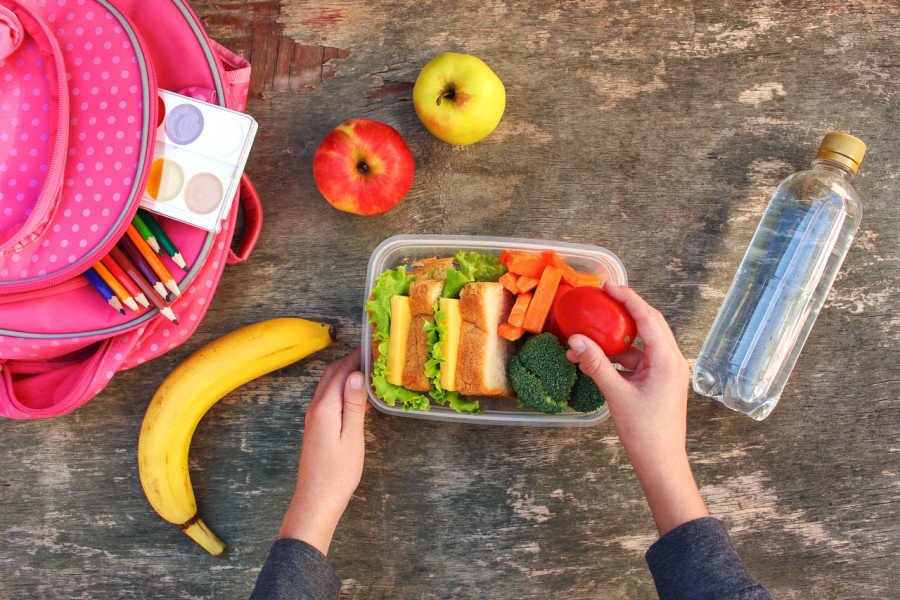Needless waste
Play games to learn about what we need to survive and how we have many wants that results in lots of waste. Make a snack bag to reduce our waste.
- Grade K
- 3 activities
- 1.2 hours

Big idea
Kindergarten
Science
- Plants and animals have observable features.
Social Studies
- Rights, roles, and responsibilities shape our identity and help us build healthy relationships with others.
Physical and Health Education
- Learning about ourselves and others helps us develop a positive attitude and caring behaviours, which helps us build healthy relationships.
Applied Design, Skills, and Technologies
- Skills can be developed through play.
Learning objectives
Students will be able to:
- Understand the difference between needs and wants.
- Be aware of choices that contribute to health and well-being.
- Make choices that create less waste in their lives so reduces resource, energy and water waste.
- Follow simple instructions to make a reusable snack bag that they can bring to school, reducing waste of single use plastics.
Activities

DIY reusable snack bag
Create a reusable snack bag to reduce plastic waste.

Spot the waste
Search the pictures and have fun learning how to use only what you need.
BC curriculum fit
Kindergarten
Social Studies
Content
- Needs and wants of individuals and families
Curricular competencies
- Use Social Studies inquiry processes and skills to ask questions; gather, interpret, and analyze ideas; and communicate findings and decisions
Science
Content
- Basic needs of plants and animals
Curricular competencies
Applying and innovating
- Take part in caring for self, family, classroom and school through personal approaches
Physical and Health Education
Content
- Practices that promote health and well-being.
Curricular competencies
Healthy and active living
- Identify opportunities to make choices that contribute to health and well-being.
Applied Design, Skills, and Technologies
Curricular competencies
Applied design - Making
- Make a product using known procedures or through modelling of others.
Applied skills
- Use materials, tools, and technologies in a safe manner in both physical and digital environments.
Assessments
The activities in this unit provide an opportunity to assess individual students and groups on their ability to:
- Understand differences between needs and wants through an interactive game setting.
- Reduce their wants so they can use less resources, water and energy.
- Participate in a group setting with respect and cooperation.
- Follow instructions and use fine motor skills to make a reusable snack bag.
Background info
All living things have basic needs like air, water, food, clothing, shelter, love and acceptance, safety and education. However, its important to understand that needs are different from wants. Many things we want in our lives are not needs but luxuries and the impact of ‘many wants’ is significant. Having less in our lives is beneficial in many ways:
- We waste less such as resources, energy, and water that are needed to make our luxuries. Saving resources, energy and water means fewer burdens on our planet.
- We can share the resources, energy and water with others on our planet.
- We can create lending libraries like tools, and equipment so we can own less, have access to more and build community.
- We have less clutter which makes us focus on the things that matter like spending time with family and friends.
- Our space is quicker and easier to tidy up.
- We can find things easier.
- We save money which can be used to do fun things with family and friends.
- Send less stuff to landfill which takes up space and/or recycling, which uses a lot of energy and water.


